No results found. Reset Filters
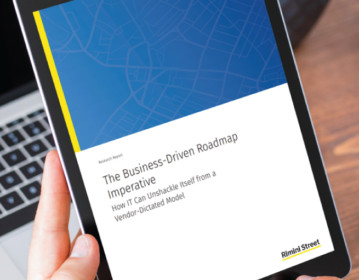
The Business-Driven Roadmap Imperative
Read Research Report
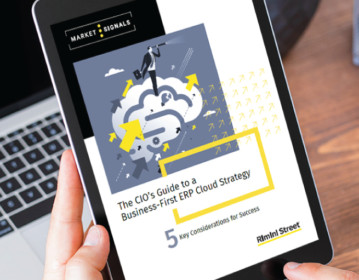
The CIO’s Guide to a Business-first ERP Cloud Strategy
Read eBook
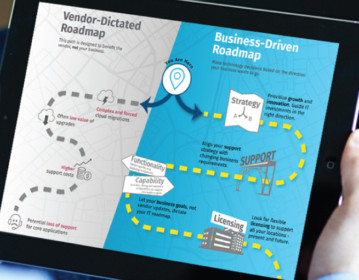
A Business-Driven Roadmap Leads to Game-Changing IT Results
Read Infographic
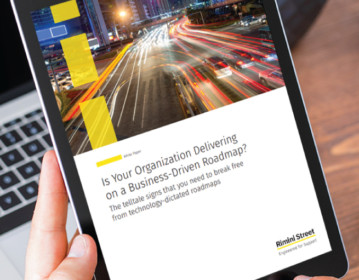
Is Your Organization Delivering on a Business-Driven Roadmap?
Read Whitepaper
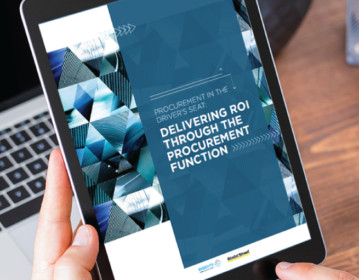
WBR Insights Report − Procurement in the Driver’s Seat: Delivering ROI through the Procurement Function
Read Analyst Research
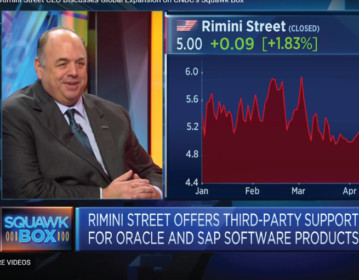
Rimini Street CEO Discusses Global Expansion on CNBC’s Squawk Box
Rimini Street CEO Seth Ravin was featured in an interview on CNBC’s Squawk Box. Rimini Street has made recent headlines after announcing significant investments in leadership, sales and service delivery across APAC, Latin America and Europe, including new subsidiaries in Singapore and Mexico, a new regional director based in Singapore and launch of sales in Poland.
Watch Video
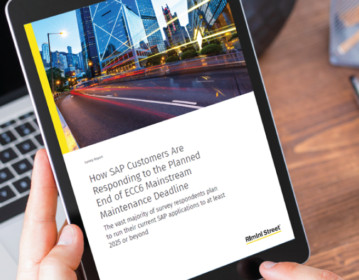
How SAP Customers Are Responding to the Planned End of ECC6 Mainstream Maintenance Deadline
Read Research Report
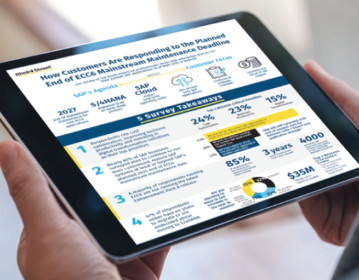
How Customers Are Responding to the Planned End of ECC6 Mainstream Maintenance Deadline
Read Infographic
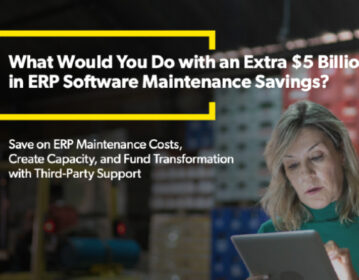
What Would You Do with an Extra $5B
Higher efficiency. Global expansion. New capabilities. Deeper insights.It’s your responsibility to focus on the long-range strategic plan of your company. You must decide how, where and when to deploy your capital to spur the most growth.
Read eBook


